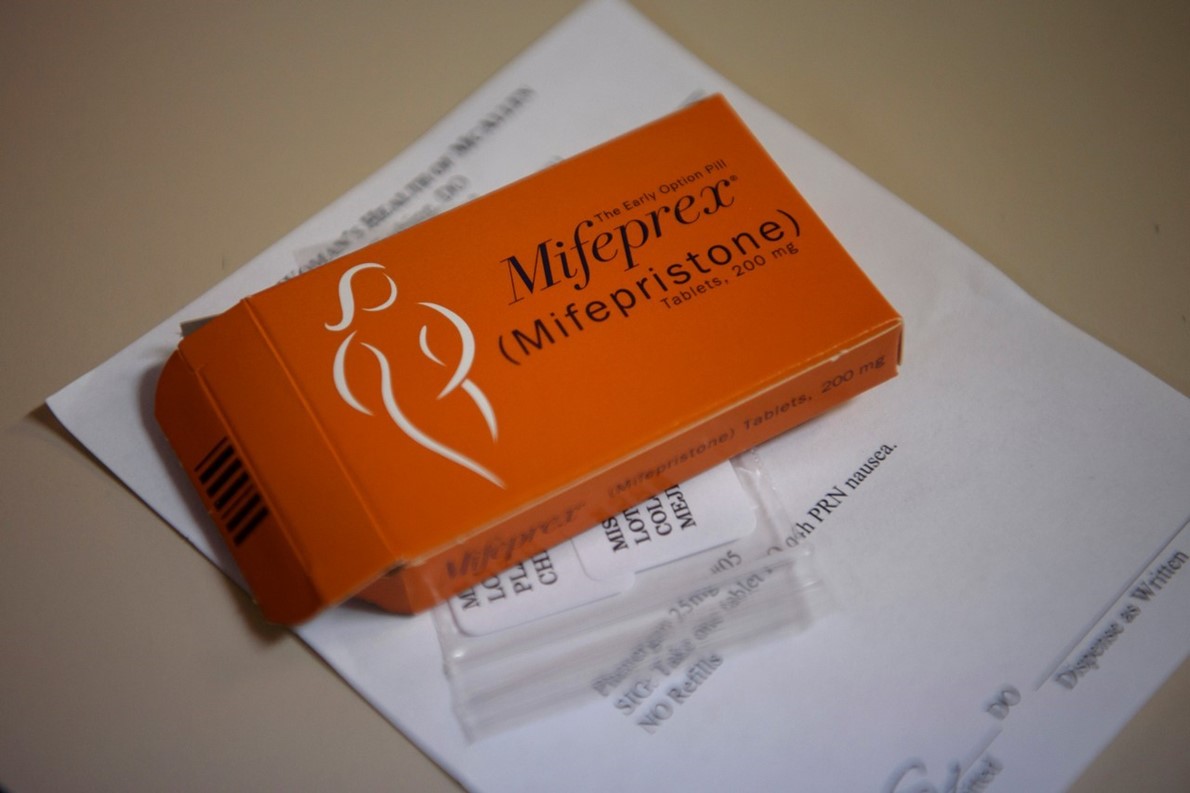Nearly
limitless harvesting of our personal information was always leading to this
moment.
In the days since the
US Supreme Court overturned Roe vs Wade, eliminating the constitutional right to abortion, there have been gobs of published material and warnings from privacy advocates about how digital breadcrumbs might expose women seeking abortions to potential legal jeopardy.
اضافة اعلان
Whatever your
views about abortion, this is a moment to reflect on what we have given up to
the hungry maw of America’s unfettered data collection economy.
It is almost
impossible to be truly anonymous in modern American life. There is so much
digital information out there about who we are, where we go, what we buy and
what we are interested in that we can’t possibly control it all. This data is
mostly used for more efficiently marketing shoes or doughnuts, but it rarely
stops there.
And now we are
seeing what happens when 21st-century digital intrusion collides with people
who are worried all that information could be used against them in ways they
never imagined.
 Mifeprex, a medication used to end a pregnancy early — often called an abortion pill — at an abortion clinic in McAllen, Texas, April 29, 2022.
Mifeprex, a medication used to end a pregnancy early — often called an abortion pill — at an abortion clinic in McAllen, Texas, April 29, 2022.
I do not want to
make people unnecessarily afraid. My colleagues have reported that about half
of states are expected to allow bans or other limits on abortion to take
effect, but even in those states, law enforcement has been focused on medical
providers, not ordinary people. My colleagues have also reported that there are
no abortion bans that try to prosecute women who cross state lines to seek
abortions — although states could try in the future.
It is not just digital information that we share. We speak to friends, family members and strangers.
But now that
access to an abortion is no longer considered a fundamental right, it is
staggering to consider the breadth and depth of the information we spill out
into the void.
Credit cards and
surveillance video cameras snoop on us. Sure,
Google knows what we have
searched for and where we have been, but so do our cellphone providers and home
internet companies, as well as many apps on our phones and networks of
middlemen that we have never dealt with directly. When we use apps to look up
the weather forecast or to make sure our shelves are level, information might
find its way to a military contractor or a data-for-hire broker.
We can take some steps to minimize the amount of data that we emit, but it is virtually impossible to eliminate it. Few federal laws regulate the collection and sale of all this information about us, although the
US House of Representatives is discussing the latest of many efforts to pass a broad, national digital privacy law.
It is not just
digital information that we share. We speak to friends, family members and
strangers. In some cases in which the authorities seek to charge women with
inducing an abortion, it may be relatives or medical providers who tip off law
enforcement.
Some of you
reading this article may believe that if abortion is a crime, it is fair game
for digital data on people seeking abortions to be used in criminal
prosecutions. Several years ago, I was a juror in a trial of a man accused of
serially harassing his former girlfriend, and I felt both grateful and
unsettled that there was so much digital evidence of his crimes, including his
call logs, emails, online posts and other information extracted from his
smartphone. (We found the man guilty of most of the charges against him.)
 Inside Whole Woman’s Health, an abortion clinic in McAllen, Texas, April 29, 2022.
Inside Whole Woman’s Health, an abortion clinic in McAllen, Texas, April 29, 2022.
Authorities might
use this information in ways that we agree with. But the sheer volume of
information in so many hands with so few legal restrictions creates
opportunities for misuse.
My colleagues have
shown that data spewed by smartphones can follow the president of the US.
Stalkers have tricked cellphone providers into handing over people’s personal
information. Churches have mined information on people in a crisis to market to
them. Some
US schools have bought gear to hack into children’s phones and
siphon the data. Automated license-plate scanners have made it difficult to
drive anywhere without winding up in a database that law enforcement might be
able to access without a warrant.
Since Roe was
overturned, most large US tech companies haven’t shared publicly how they might
handle potential demands from law enforcement in future abortion-related
criminal cases. Companies generally cooperate with legal requests like warrants
or subpoenas from US authorities, although they sometimes push back and try to
negotiate how much information they hand over.
In a situation in
which one company refuses to cooperate, odds are that similar digital
information might be available from another company that will. (There has been
some attention around the potential for period-tracking apps to blab to
authorities, but there are more direct sources of similar information.)
And companies
built to grab as much information as possible won’t find it simple to become
data-minimizing converts, even if they want to.
Google, Facebook,
and Verizon are not going to protect the right to an abortion when the US
Supreme Court says no such right exists. They and a zillion other companies with
a limitless appetite for our information have created the conditions in which
privacy doesn’t really exist.
Read more Technology
Jordan News




